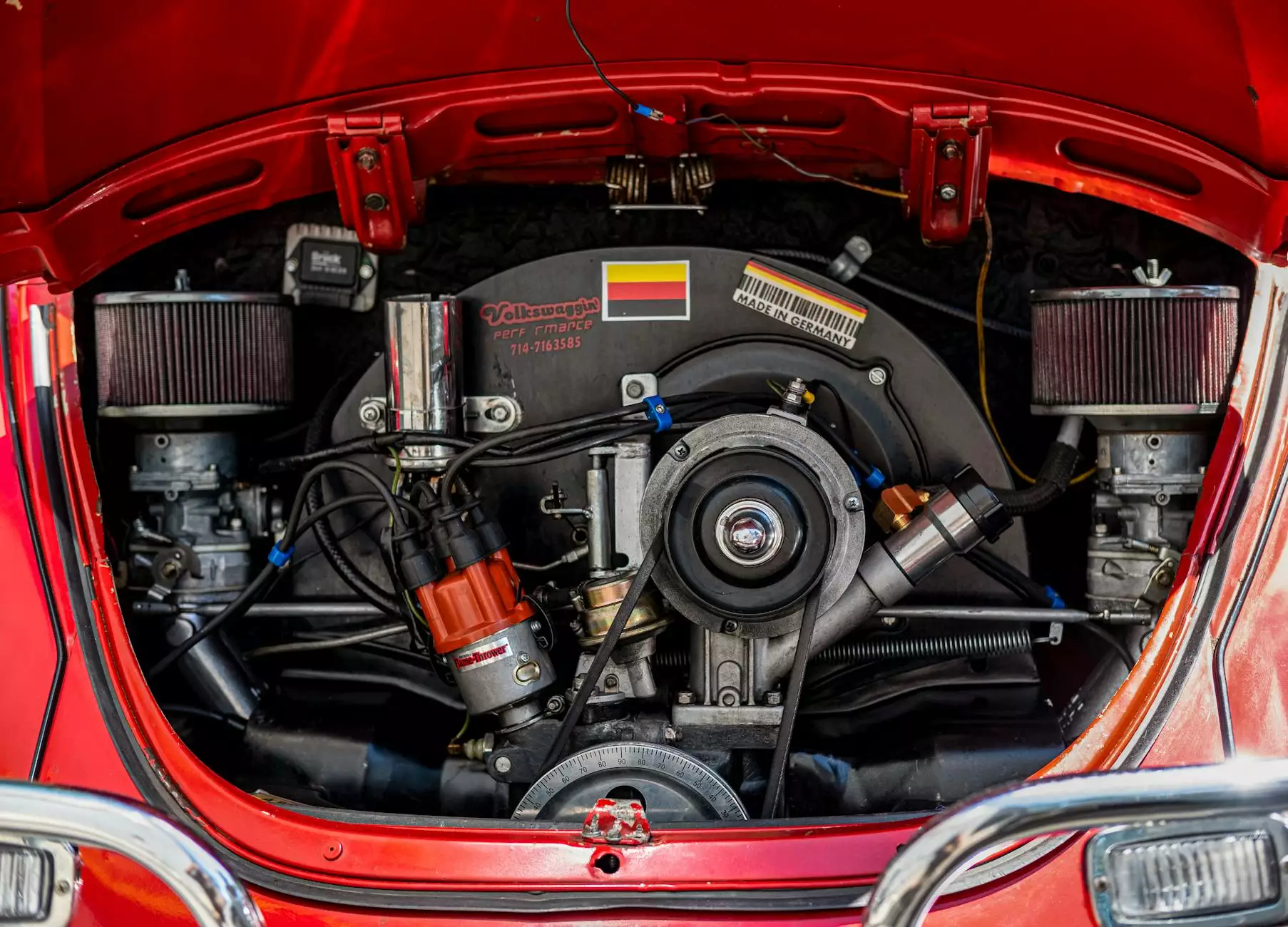Understanding HVAC Fan Coils: The Heart of Automotive Climate Control

When it comes to maintaining a comfortable driving environment, the HVAC fan coil plays a crucial role in automotive climate control systems. In this article, we will explore the fundamentals of HVAC fan coils, their significance in the automotive industry, how they function, their advantages, and essential maintenance practices.
What is an HVAC Fan Coil?
An HVAC fan coil unit is a compact device that is integral to heating, ventilation, and air conditioning systems. In vehicles, this unit specifically helps regulate the temperature within the cabin, ensuring passengers remain comfortable regardless of external weather conditions.
How HVAC Fan Coils Work
The HVAC fan coil operates by circulating air within the vehicle's cabin and facilitating heat transfer. Here’s how it works:
- Air Intake: The fan coil draws air from the cabin through an intake grille.
- Heat Exchange: The incoming air passes over a set of coils. These coils can either be heated or cooled depending on the vehicle's climate control settings.
- Fan Circulation: A fan blows the conditioned air back into the cabin, maintaining a comfortable environment for passengers.
- Thermostat Regulation: The system is typically controlled by a thermostat, allowing adjustments to temperature settings based on driver preference.
Significance of HVAC Fan Coils in Automotive Systems
The HVAC fan coil is significant for several reasons:
- Comfort: It ensures that passengers experience a comfortable environment in terms of temperature and air quality.
- Air Quality: These units often come with filters that help to purify the air, trapping dust, pollen, and other particles.
- Energy Efficiency: A well-functioning HVAC fan coil can enhance the energy efficiency of your vehicle’s climate control system, leading to better fuel economy.
Benefits of HVAC Fan Coils
Implementing a quality HVAC fan coil in your automotive system offers numerous benefits:
1. Enhanced Climate Control
Effective climate control is vital for a pleasant driving experience. HVAC fan coils allow precise temperature management, ensuring that both the driver and passengers can adjust their environment to suit their preferences.
2. Reduced Noise Levels
Modern HVAC fan coils are designed to operate quietly, minimizing noise pollution inside the vehicle. This feature significantly enhances the driving experience, allowing for more enjoyable road trips and commutes.
3. Low Maintenance Costs
Typically, HVAC fan coils require minimal maintenance. Regular filter changes and occasional checks can help keep the system running optimally, preventing higher expenses linked to extensive repairs due to neglect.
4. Increased Resale Value
A well-maintained climate control system, including an efficient HVAC fan coil, can boost the resale value of your vehicle. Prospective buyers often prioritize comfort and reliability in climate control when choosing a vehicle.
Common Issues with HVAC Fan Coils
While HVAC fan coils are generally reliable, they can experience issues over time. Here are some common problems:
- Clogged Filters: Clogged air filters can restrict airflow, leading to inefficient operation and poor air quality.
- Leakage: Refrigerant leaks can cause a drop in cooling performance and require immediate attention.
- Electrical Issues: Fan motors and electrical connections may wear out, requiring testing and replacement to ensure optimal functionality.
Maintenance Tips for HVAC Fan Coils
Maintaining your HVAC fan coil is essential for ensuring its longevity and efficiency. Here are some practical maintenance tips:
1. Regular Filter Replacement
Replace the air filters at regular intervals, typically every few months or as recommended by your manufacturer. This simple task can significantly enhance air quality and system efficiency.
2. Clean the Coils
Dust and debris can accumulate on the coils, reducing their efficiency. Regularly cleaning the coils helps maintain optimal performance and prolongs the life of the fan coil unit.
3. Inspect for Leaks
Check for any signs of leaks in the refrigerant lines or around the fan coil. If you notice a drop in performance, it's essential to have a technician assess for leaks and perform necessary repairs.
4. Professional Service
Schedule a professional inspection at least once a year. A trained technician can identify potential issues before they escalate, ensuring your HVAC fan coil operates efficiently.
Future Trends in HVAC Fan Coil Technology
The automotive industry is continually evolving, and so is the technology surrounding HVAC systems. Here are some trends to watch:
- Smart Control Systems: Integrating smart technology allows drivers to control HVAC settings through mobile apps, enhancing convenience and personalization.
- Energy-Efficient Units: Advances in energy efficiency are leading to the development of HVAC fan coils that consume less power while performing effectively.
- Improved Air Quality Features: Future developments will likely focus on enhancing filtration systems to improve air quality further, particularly with increased concerns surrounding pollution and allergens.
Conclusion
The HVAC fan coil is a pivotal component of automotive climate control systems, contributing significantly to passenger comfort, air quality, and energy efficiency. By understanding its functionality and prioritizing regular maintenance, vehicle owners can not only enhance their driving experience but also extend the life of their HVAC systems. As technology advances, we can expect even greater efficiencies and benefits from these essential units. If you’re looking to enhance your vehicle's climate control capabilities, investing in high-quality HVAC fan coils is the way to go.
For more information about HVAC fan coils and other automotive components, visit coldteknik.com.tr.









